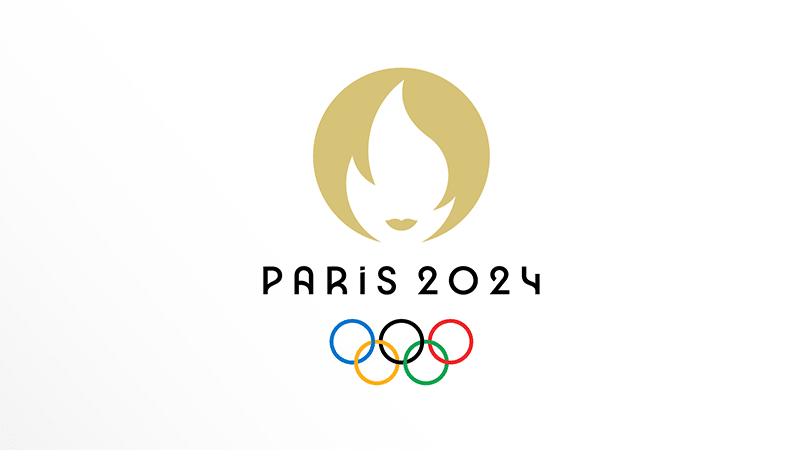The Paris 2024 Olympics has become mired in controversy after its opening ceremony featured a “highly-sexualised” LGBT–themed catwalk.
Widely seen as a parody of Leonardo DaVinci’s depiction of the last supper, organisers tried to defend the drag queen–laced performance as a celebration of “diversity” and “tolerance”.
Paris Olympics spokeswoman Anne Descamps claimed there was no intention to “show disrespect to any religious group”, adding: “If people have taken any offence we are really sorry.”
Drag show
The show, which also included a transgender model, a prominent LGBT activist and a near-naked man representing the Greek god of wine Dionysus, was branded “sleazy” by Italy’s Deputy Prime Minister Matteo Salvini.
Watching with her six-year-old son, Australian child psychologist Clare Rowe had hoped “for a display of athleticism and French cultural pride”.
“Instead”, the Sky News contributor said, “I found myself grappling with a deep sense of dismay and concern over the inclusion of highly-sexualised performances – including drag queens – in what should be a family-friendly event.”an excess of sexualised fetishes
She added: “The 2024 Olympics, for a while, turned into a drag show complete with bearded men gyrating in skimpy sequined outfits – an excess of sexualised fetishes laid out in something more akin to an adult art installation.”
‘Pagan party’
Referring to the perceived re-enactment of the scene from DaVinci’s masterpiece, the French Roman Catholic Bishops’ Conference criticised the ceremony for including “scenes of derision and mockery of Christianity”.
American entrepreneur Elon Musk described the depiction as “extremely disrespectful to Christians”.
Thomas Jolly, the choreographer behind the controversial performance said: “The idea was to do a big pagan party linked to the gods of Olympus.”
He explained: “We wanted to talk about diversity. Diversity means being together. We wanted to include everyone, as simple as that.”

‘Drag is a grotesque caricature of femininity’
What are drag queens doing in schools?
Oz ‘drag queen’ ruling hailed as victory against child sexualisation

